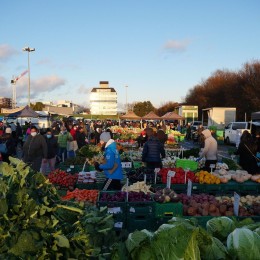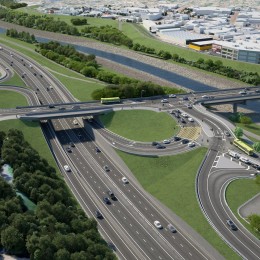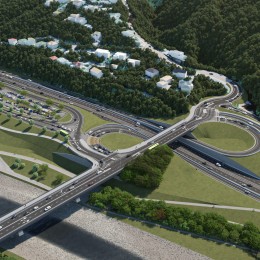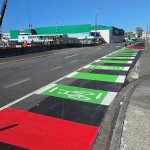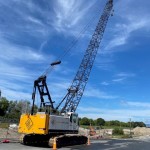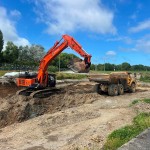RiverLink board chairperson Will Peet said the court’s decision means there are “just a few outstanding” issues to resolve before final resource consents can be granted.
The court's 186 pages interim decision focused largely on the proposed conditions, especially in relation to noise and vibration, cycling and walking. The applicants have to report back to the court by September 30.
Most of the houses in the construction zone have been purchased and initial demolition work has begun.
The process for selecting design consultants and contractors has begun with an “expectation” there will be diggers at work next year, Peet said.
Mayor Campbell Barry welcomed the court’s decision, which is a significant step towards actually beginning construction.
The project can trace its roots back to the early 1990s when the regional council began upgrading stopbanks in the Hutt Valley.
Central Lower Hutt is the final stretch of the river to be upgraded. With climate change resulting in an increasing number of storm events, the central city has been at risk of flooding for decades, with estimates putting the potential resulting damage in the billions.
“The project is not only critical for Lower Hutt’s resilience, it will also better connect our city through a new Melling interchange – including a relocated train station, and new vehicle and walking and cycling bridges,” Barry said.
He described it as a “once in a lifetime opportunity” to build a vibrant CBD, with significantly improved public transport and a more resilient rail network.
The council has bid for a slice of the $1 billion Infrastructure Acceleration Fund for stormwater and wastewater upgrades across the city to provide the infrastructure needed for the new housing.
RiverLink is a partnership between Hutt City Council (urban development), Greater Wellington (flood protection), Waka Kotahi NZ Transport Agency (Melling transport improvements) and Mana Whenua – Ngāti Toa Rangatira and Taranaki Whānui ki te Upoko o te Ika. It is on track to be completed in 2027.


